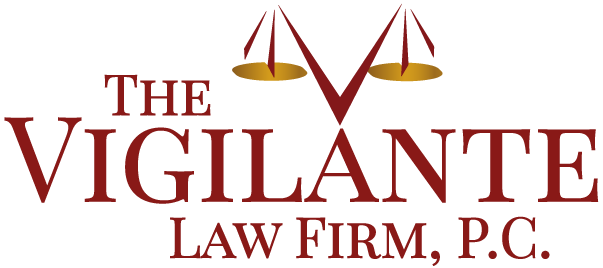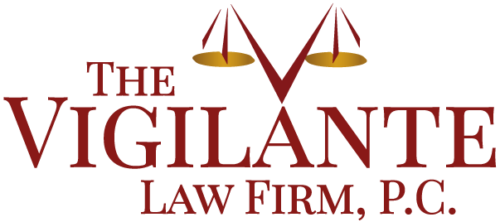
Paying taxes is something that you cannot avoid. If you do, whether intentionally or by mistake, you may be facing serious criminal consequences in the state of New Jersey. Read on to discover the penalties for tax evasion and how one of the experienced New Jersey & Pennsylvania criminal defense lawyers at The Vigilante Law Firm, P.C. can work to ward off these charges placed against you.
What are the penalties for tax evasion in the state of New Jersey?
First of all, you must understand what it means to commit tax evasion. New Jersey law holds that tax evasion is the illegal attempt of paying less money for your taxes than you are legally obligated to. Examples of illegal means used to defeat the imposition of taxes include the following:
- You may be underreporting your net income on your tax return.
- You may be exaggerating your tax deductions on your tax return.
- You may be falsely claiming dependents on your tax return.
- You may be transferring your assets to other parties or otherwise hiding them.
That said, tax evasion is considered a felony offense. If found guilty, you may be sentenced to up to five years in prison. This is on top of fines of as much as $100,000.
What are the penalties for other types of tax fraud?
Simply put, the other types of tax-related crimes recognized in the state of New Jersey are as follows:
- A failure to file a tax return.
- A filing of a false tax return.
- An attempt to defeat a tax.
- A willful failure to keep records.
With these different types of tax-related crimes come different sets of penalties. For example, a failure to file a tax return is considered a misdemeanor. With this, you may be facing a prison sentence of up to one year, along with fines of up to $25,000. But if you are convicted of intentionally failing to file a tax return, then this offense may be upgraded to a felony. This means a potentially increased prison sentence of up to five years, along with increased fines of up to $100,000.
In another example, accidentally filing a false tax return may not constitute a criminal offense. Instead, the IRS will simply adjust the amount you owe to the correct amount. Though, if it is discovered that your filing of a false tax return was intentional, then you may be charged with a felony. Meaning, you may be against a prison sentence of up to three years and a fine of up to $100,000.
At the end of the day, if you are being accused of an alleged white-collar crime, then you need one of the experienced New Jersey criminal defense lawyers by your side. Contact The Vigilante Law Firm, P.C. to retain our services today.


